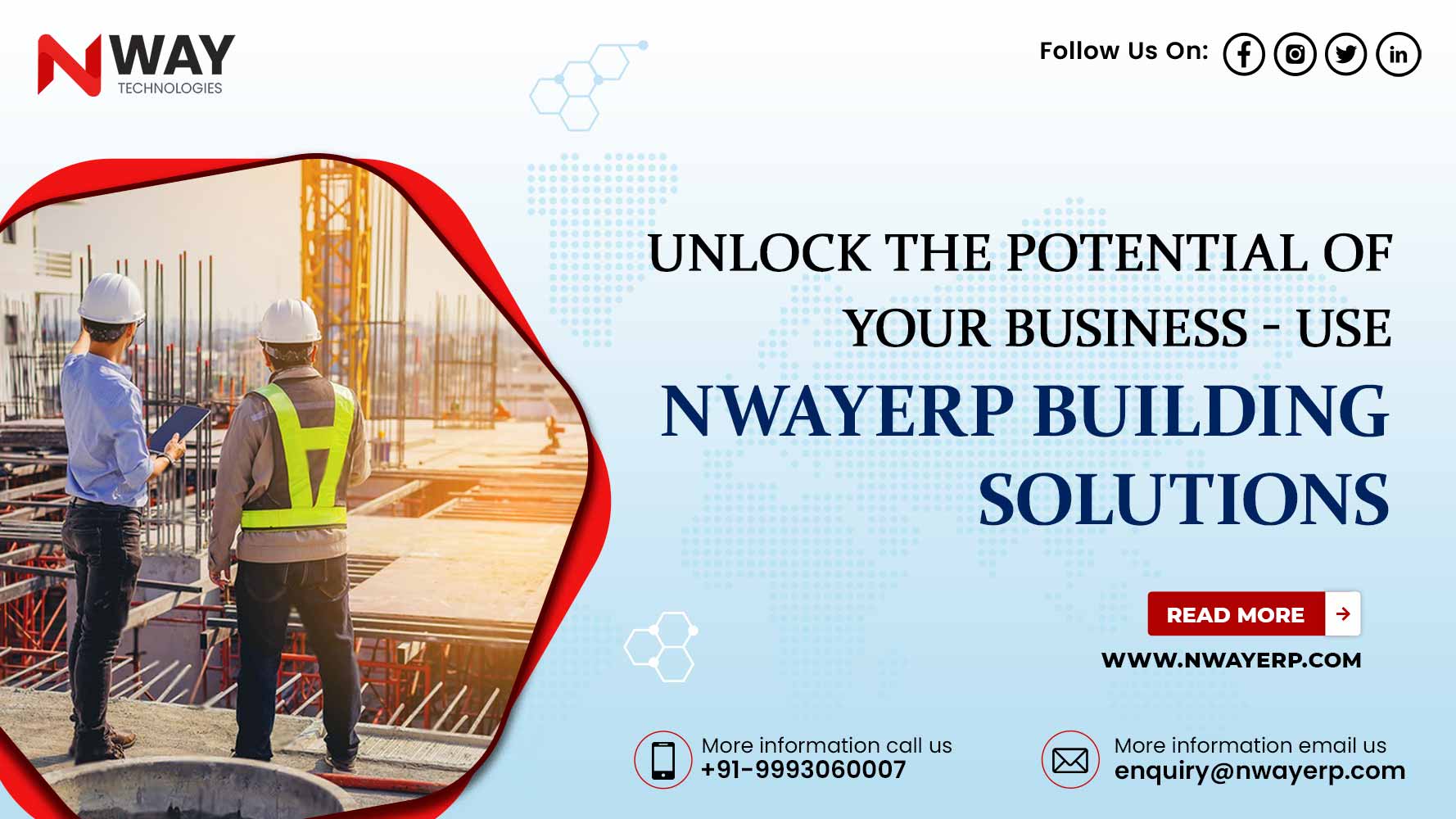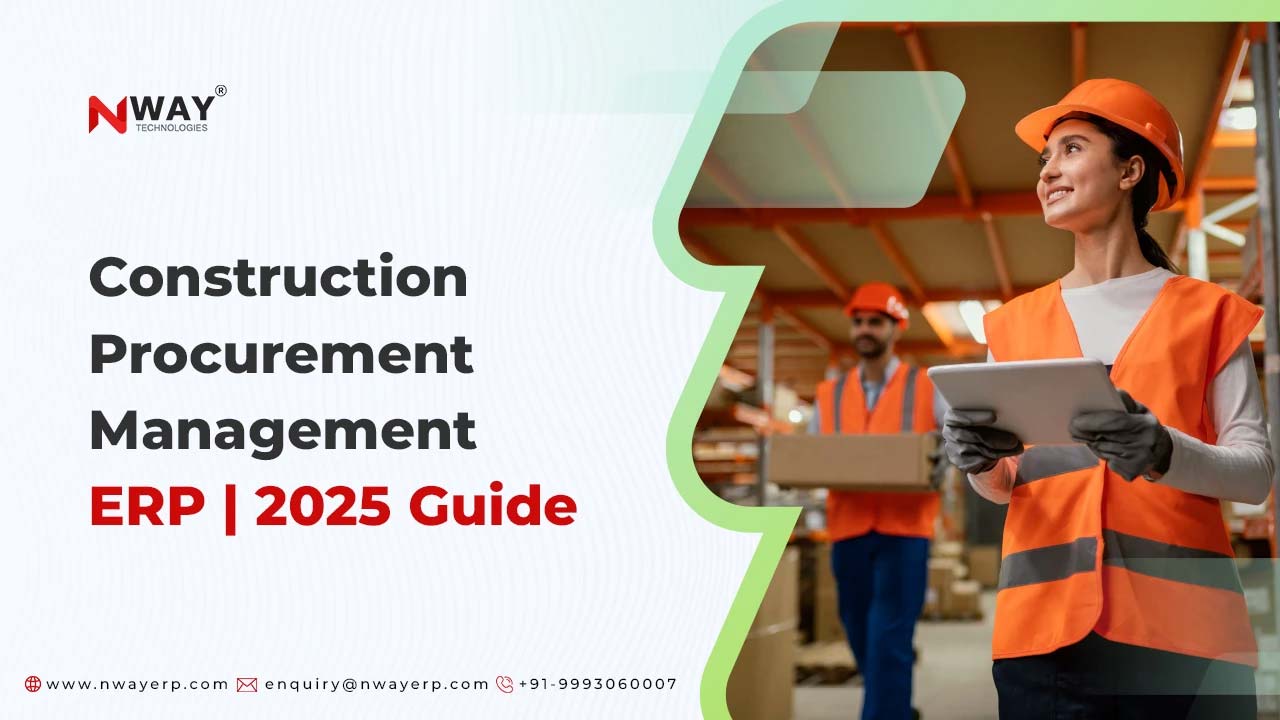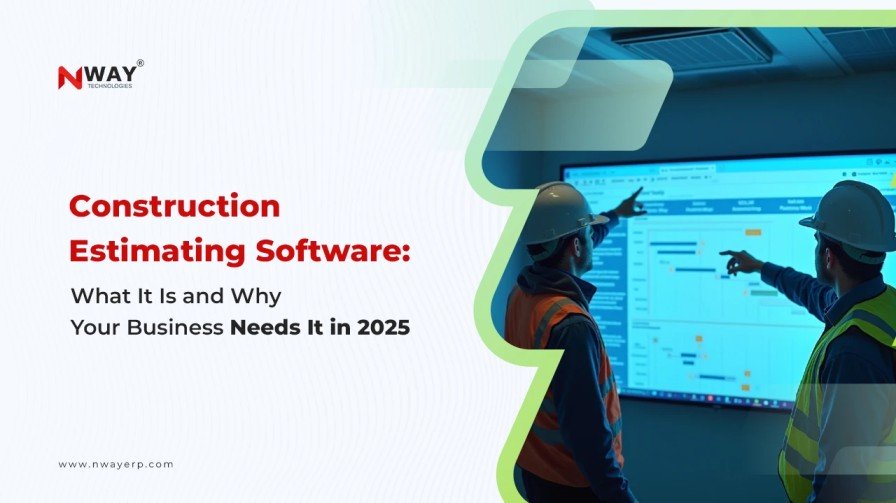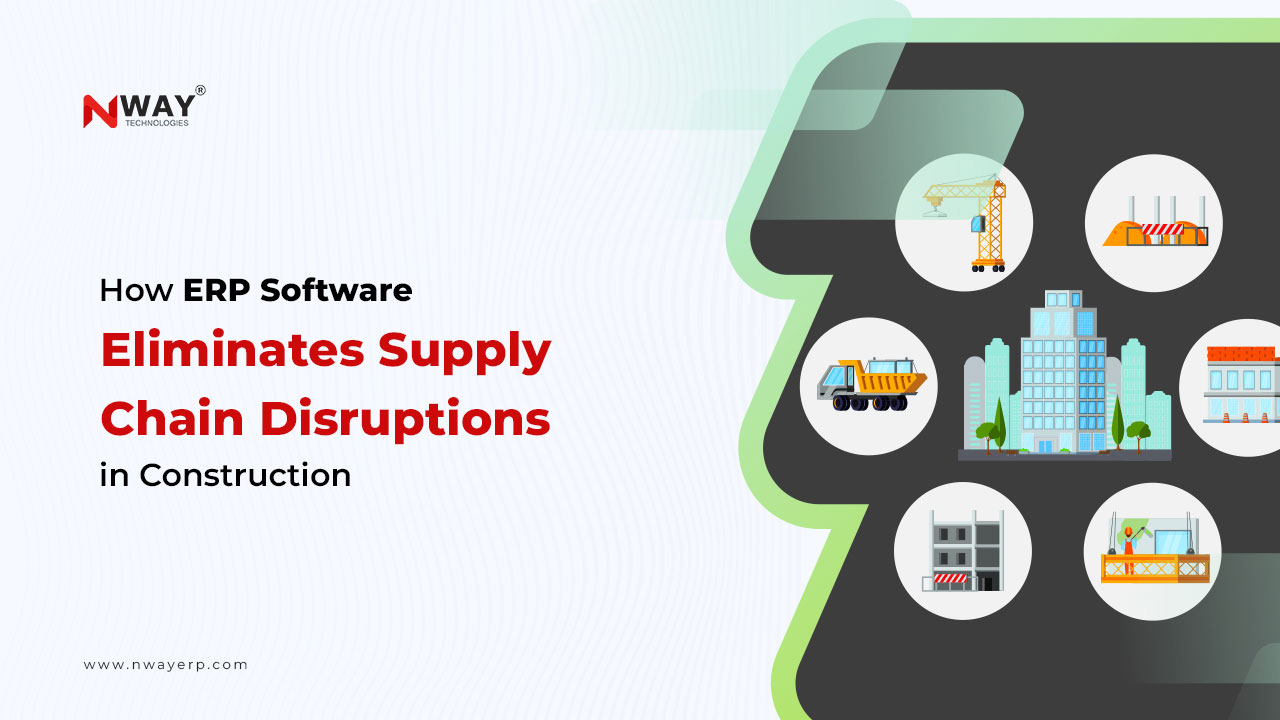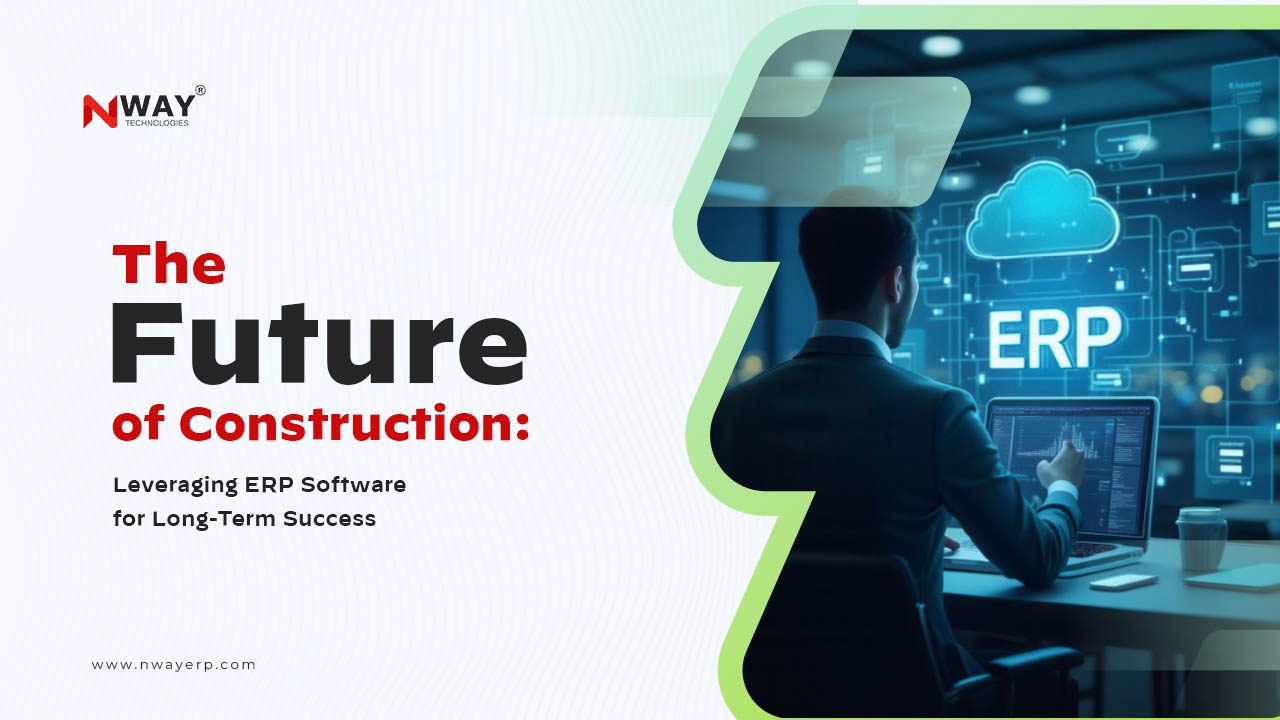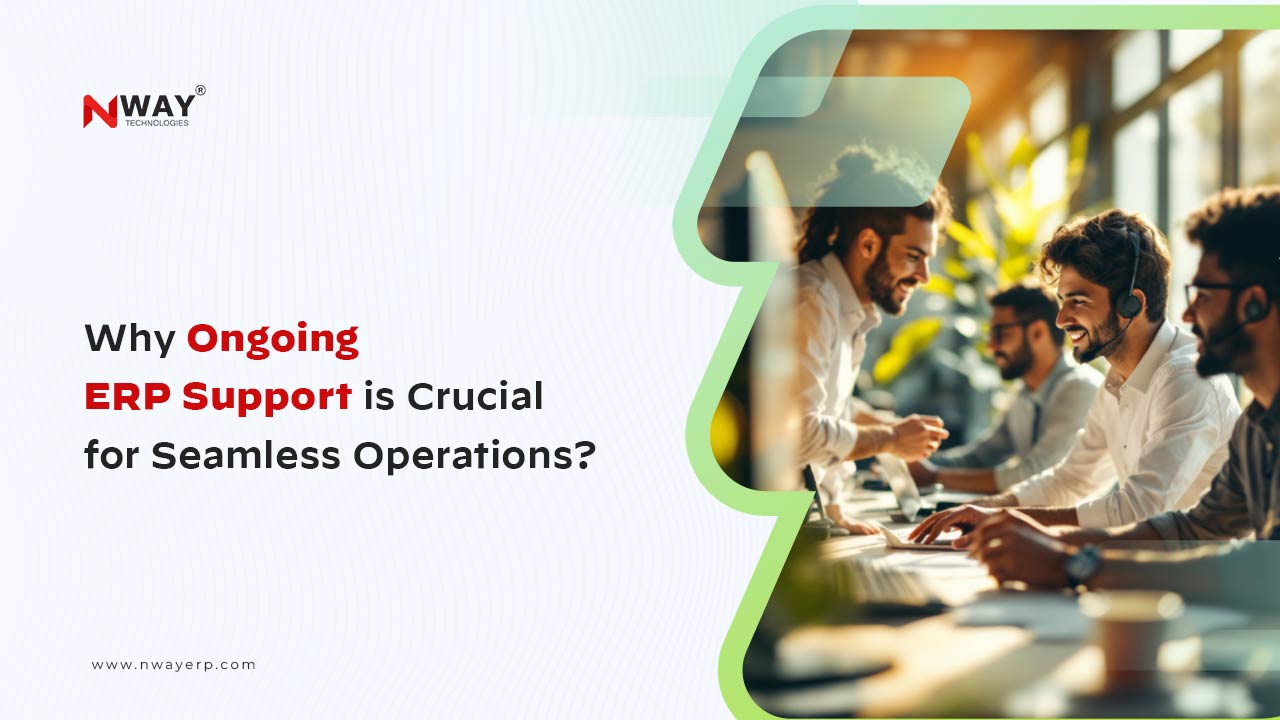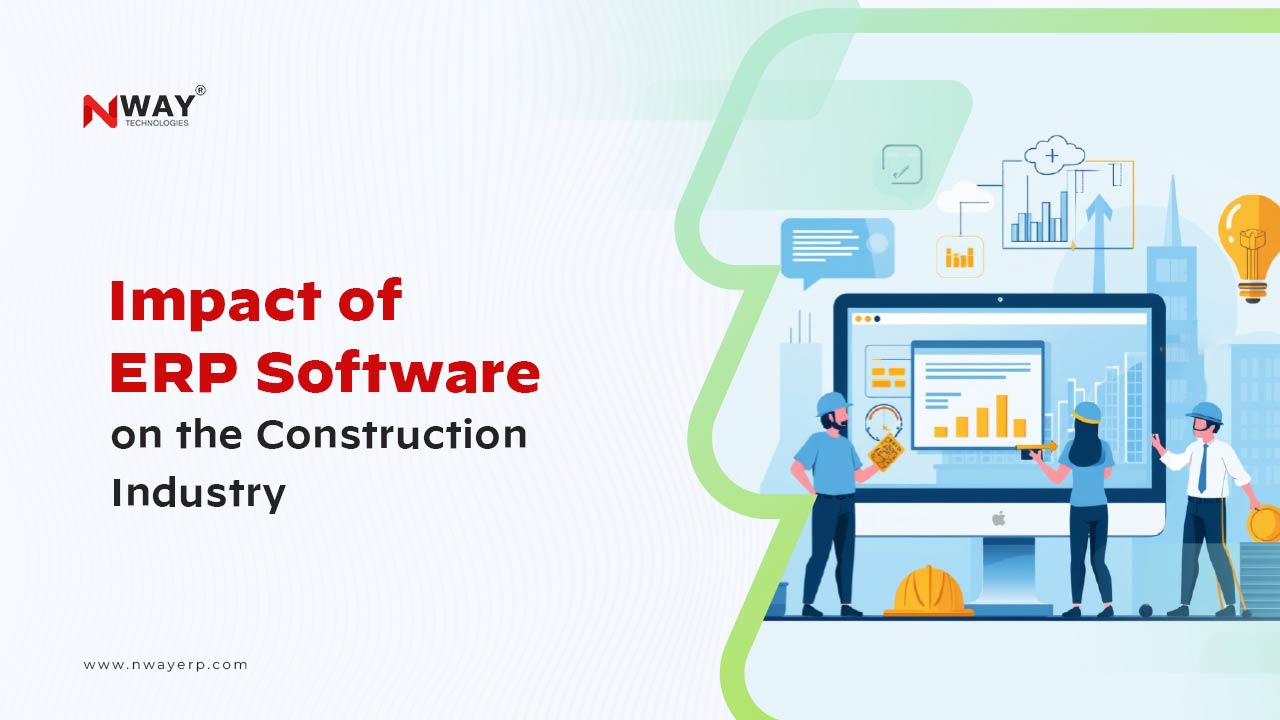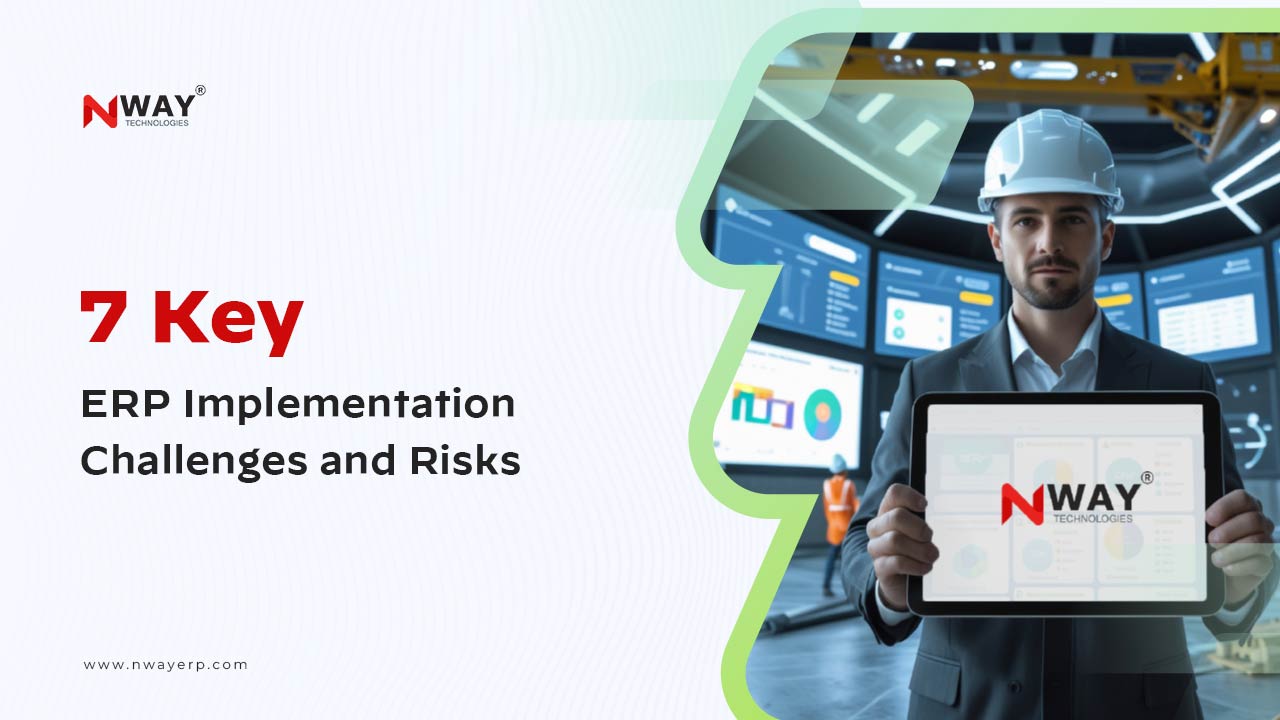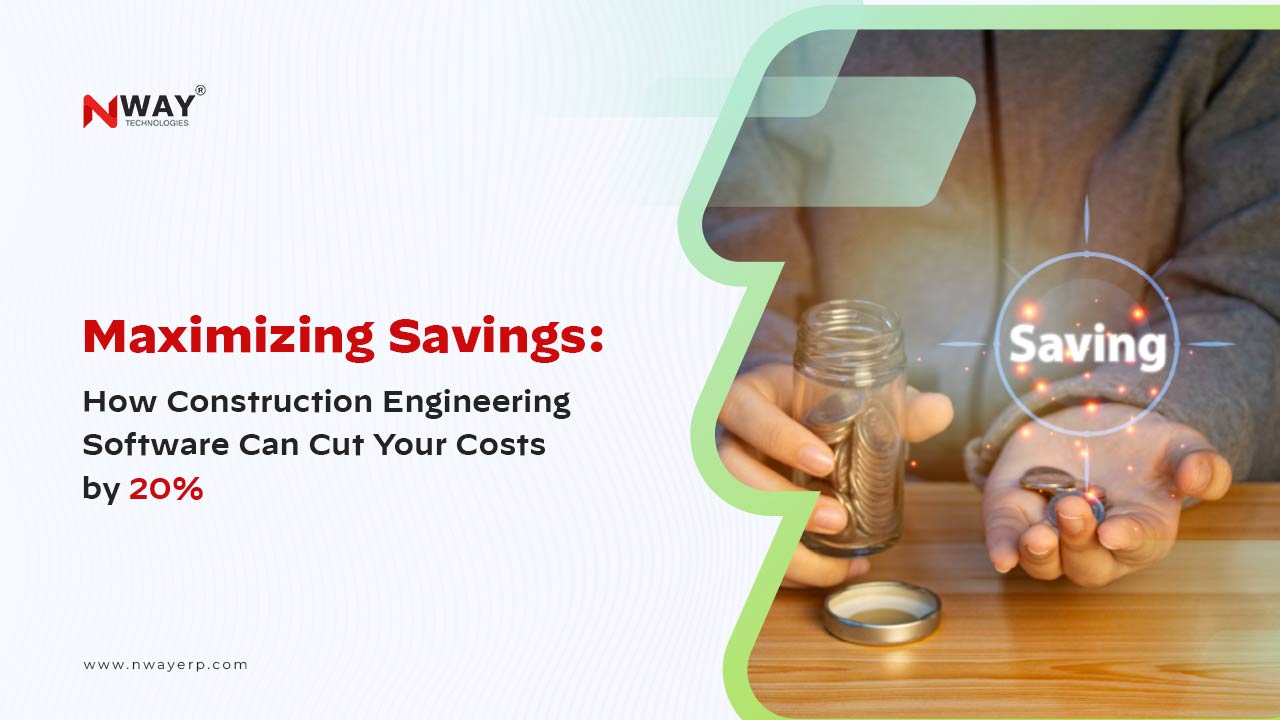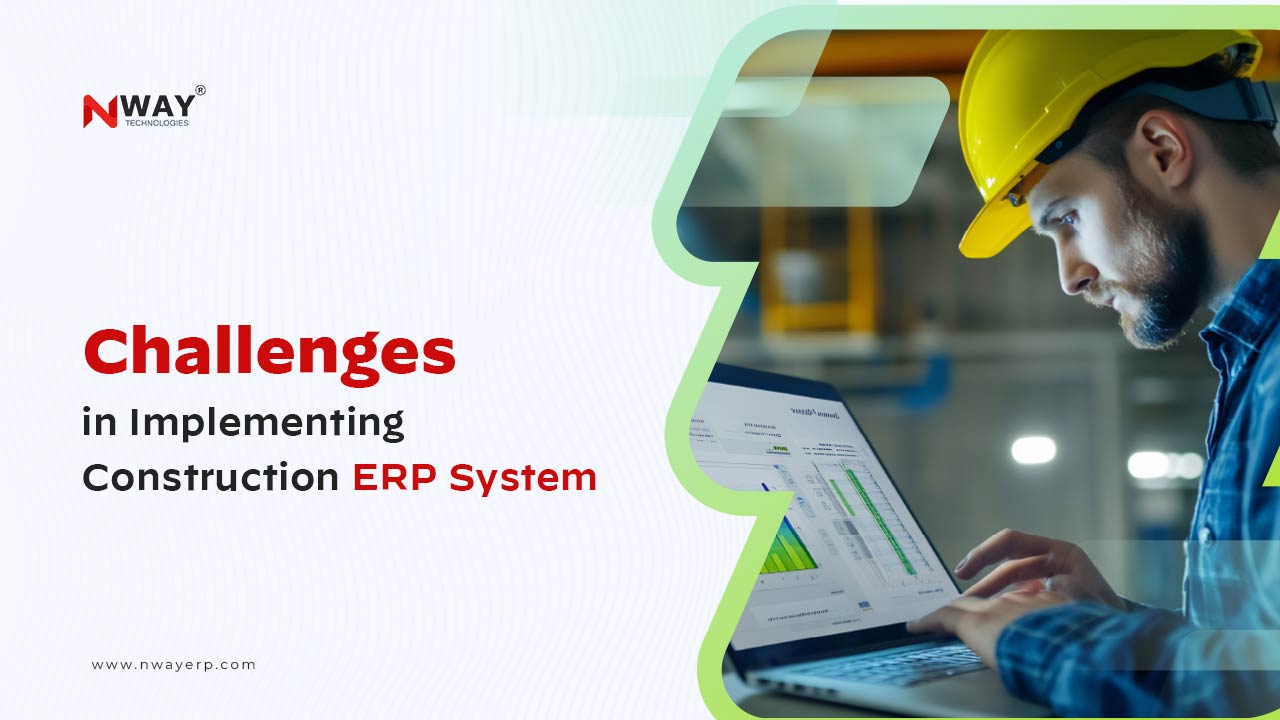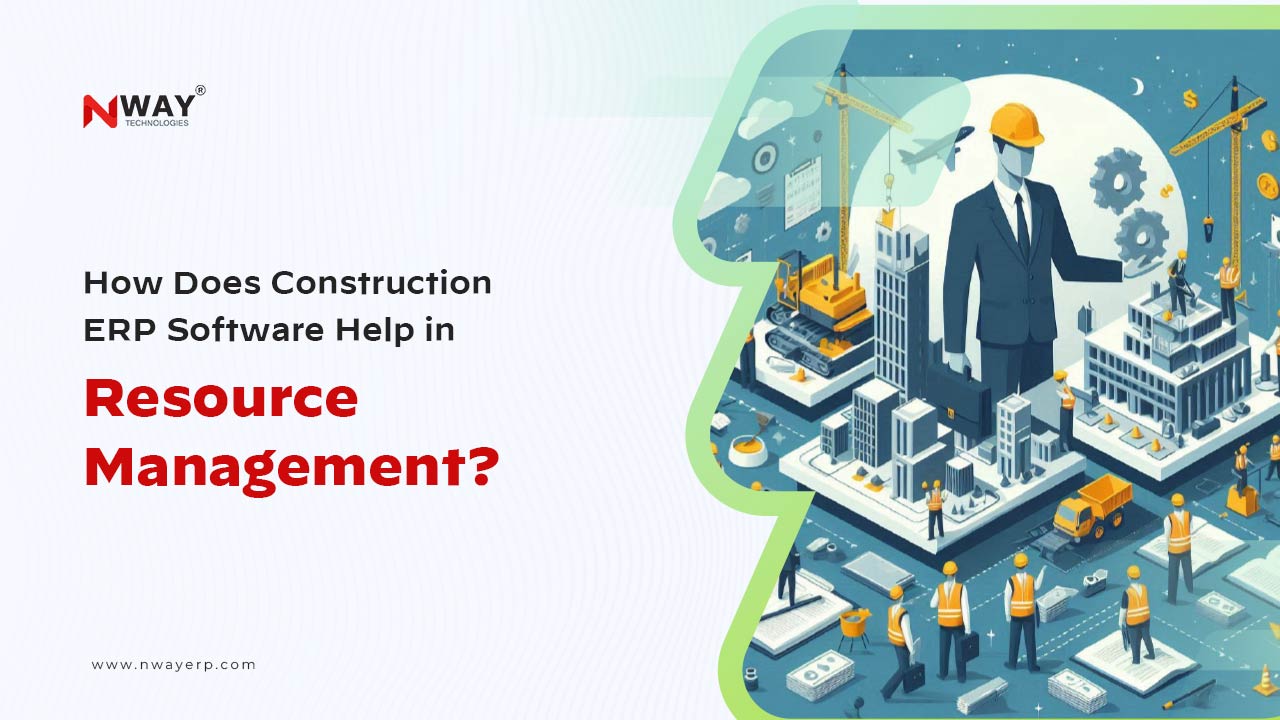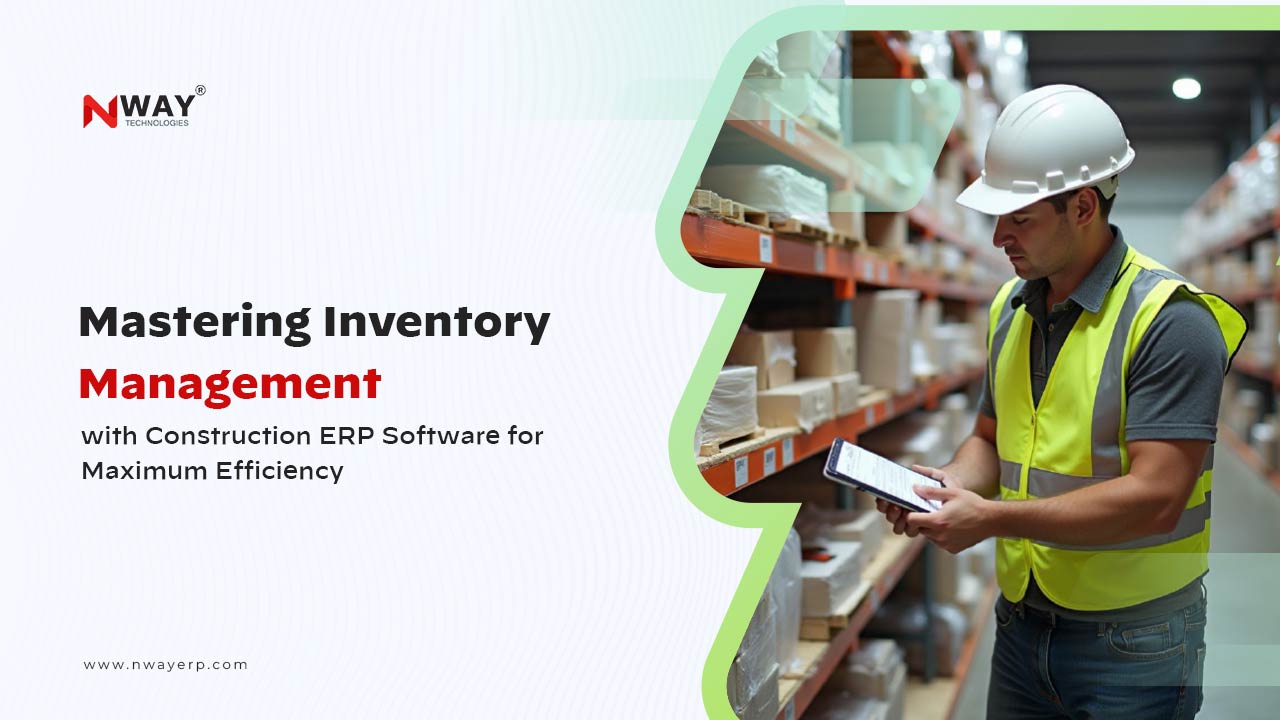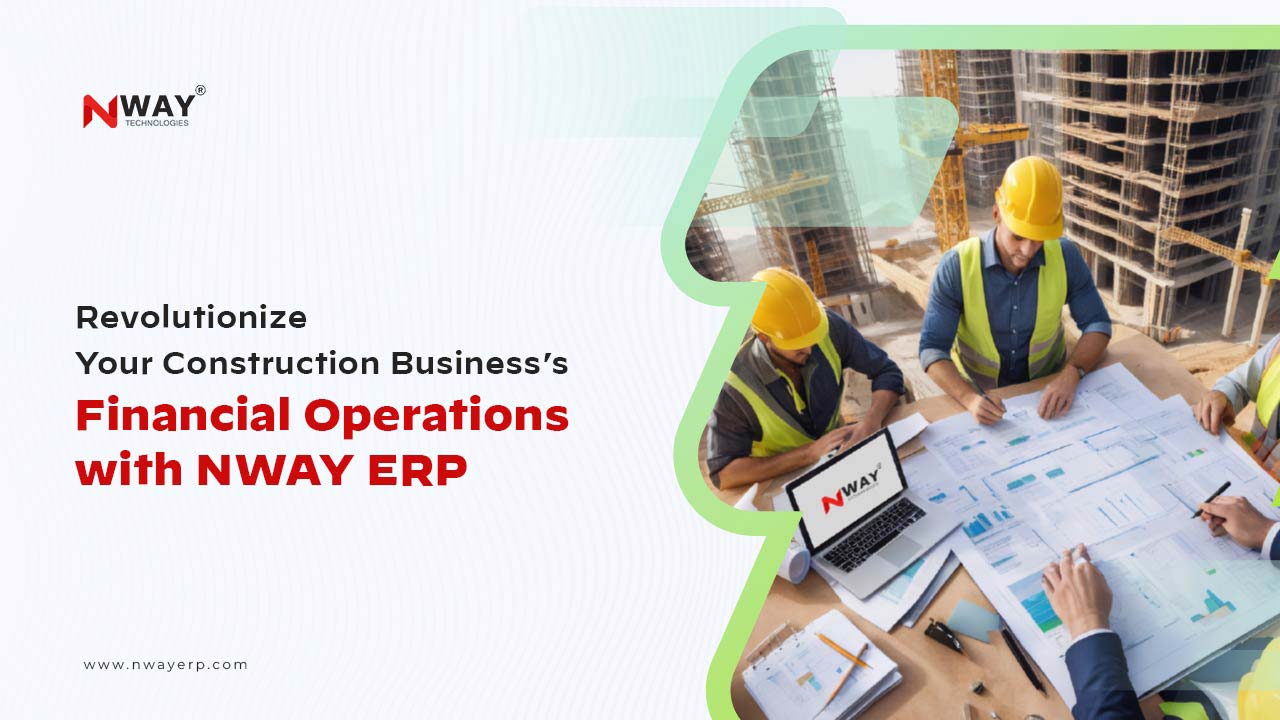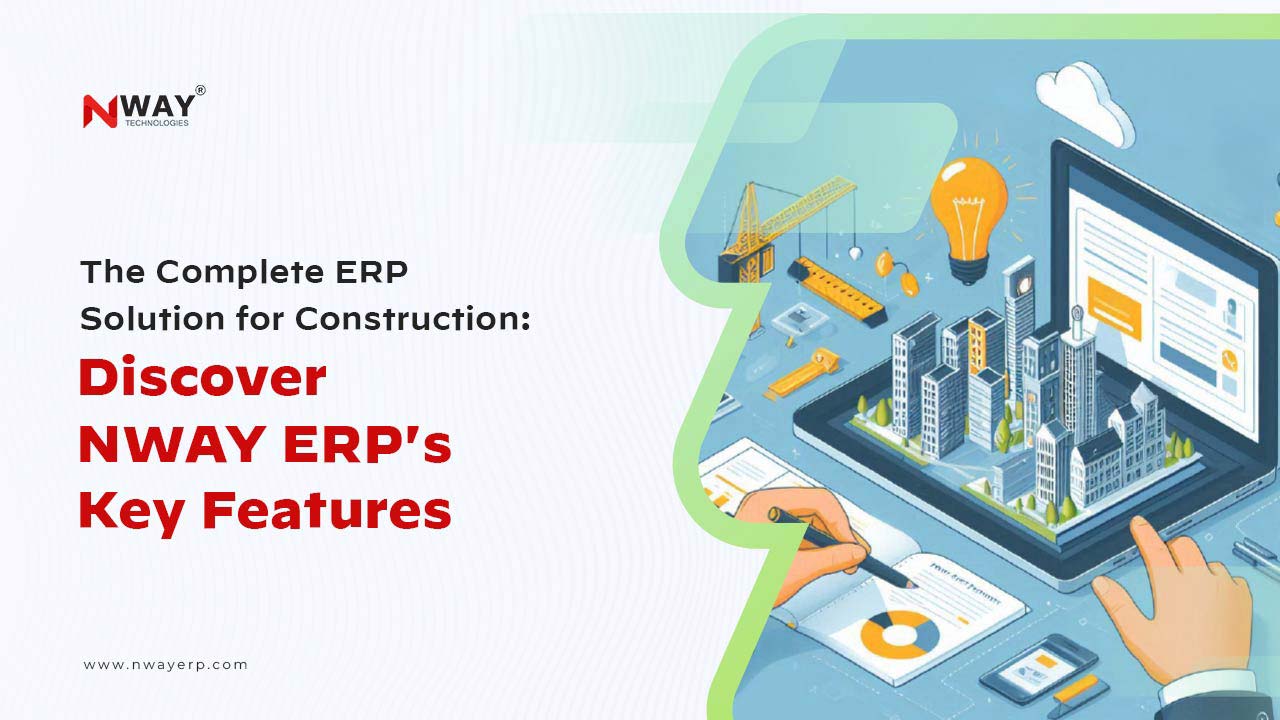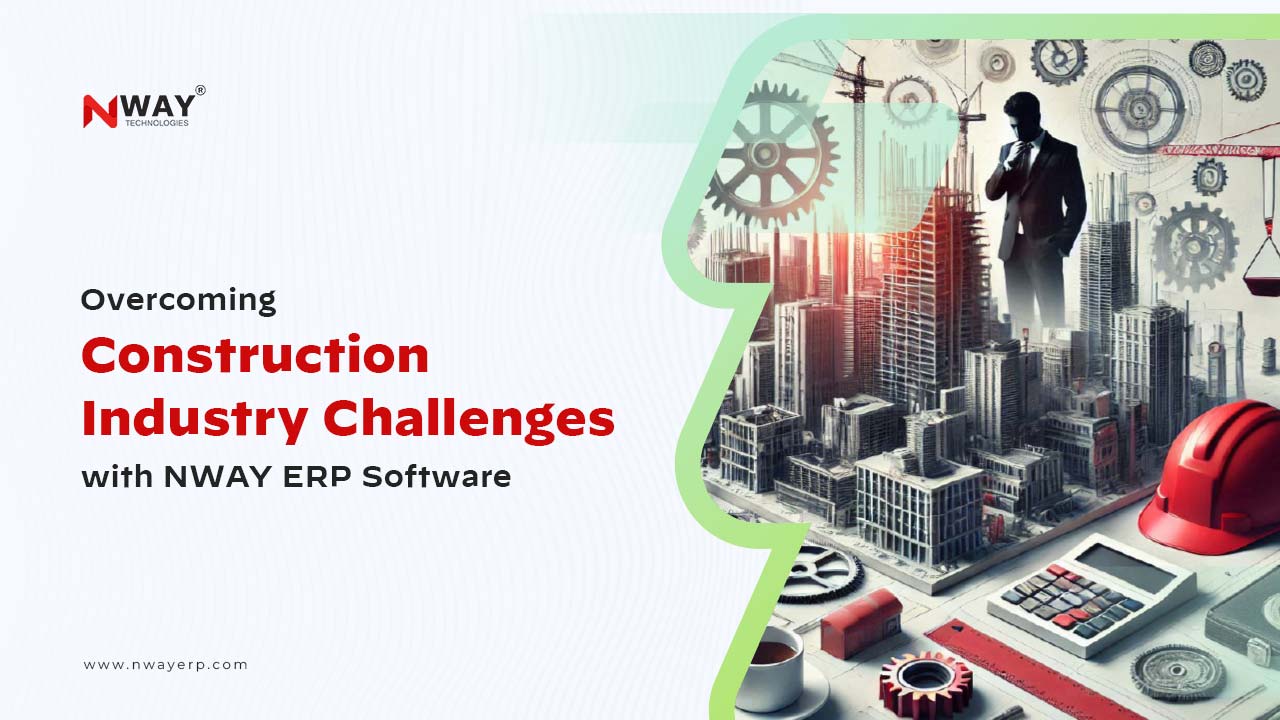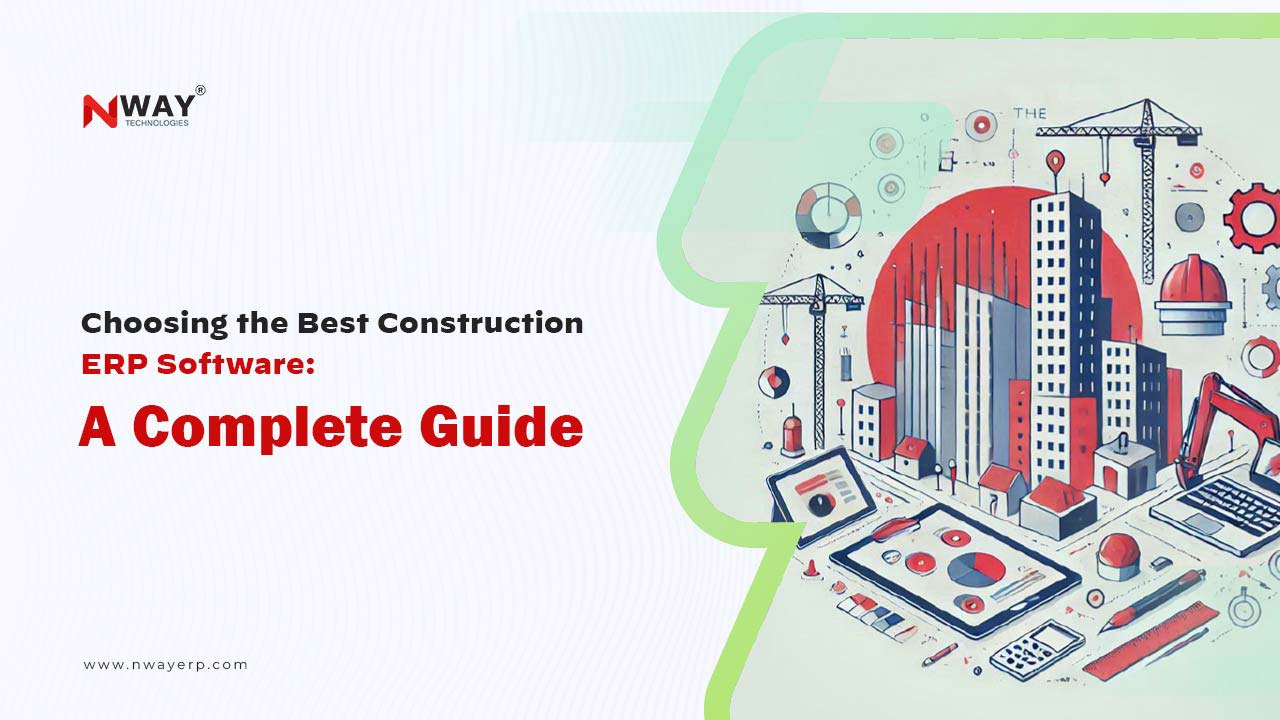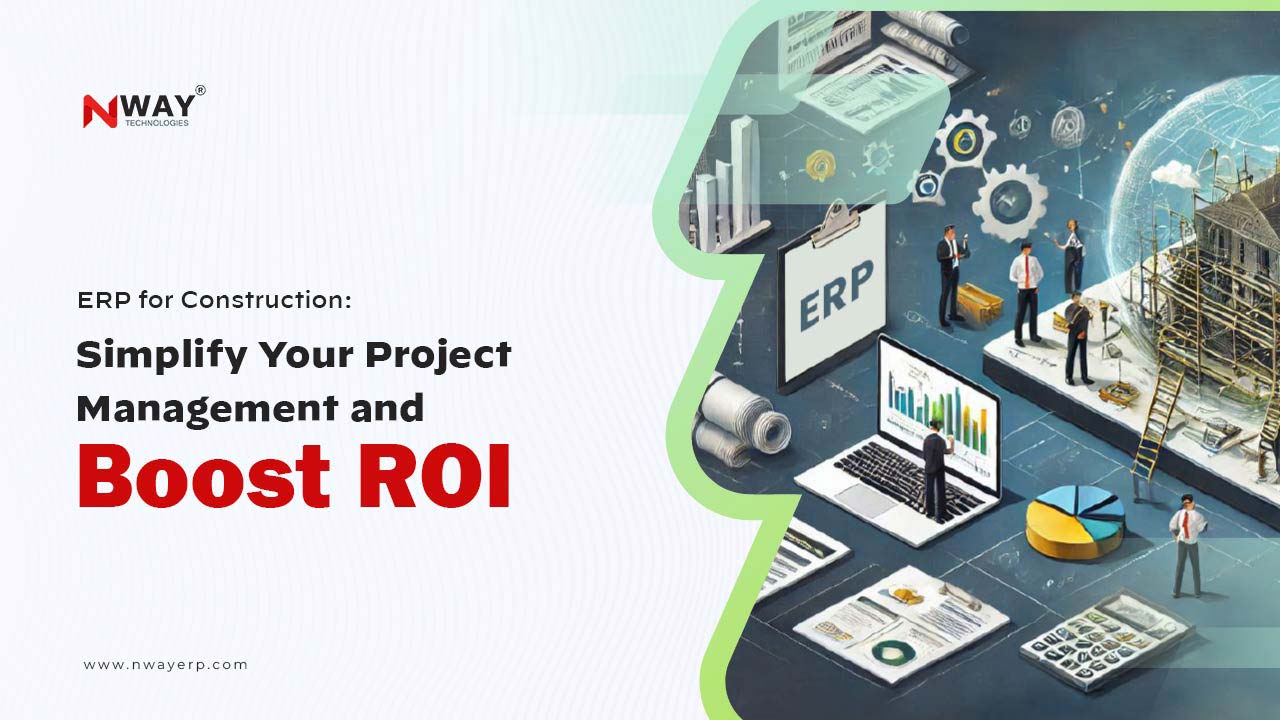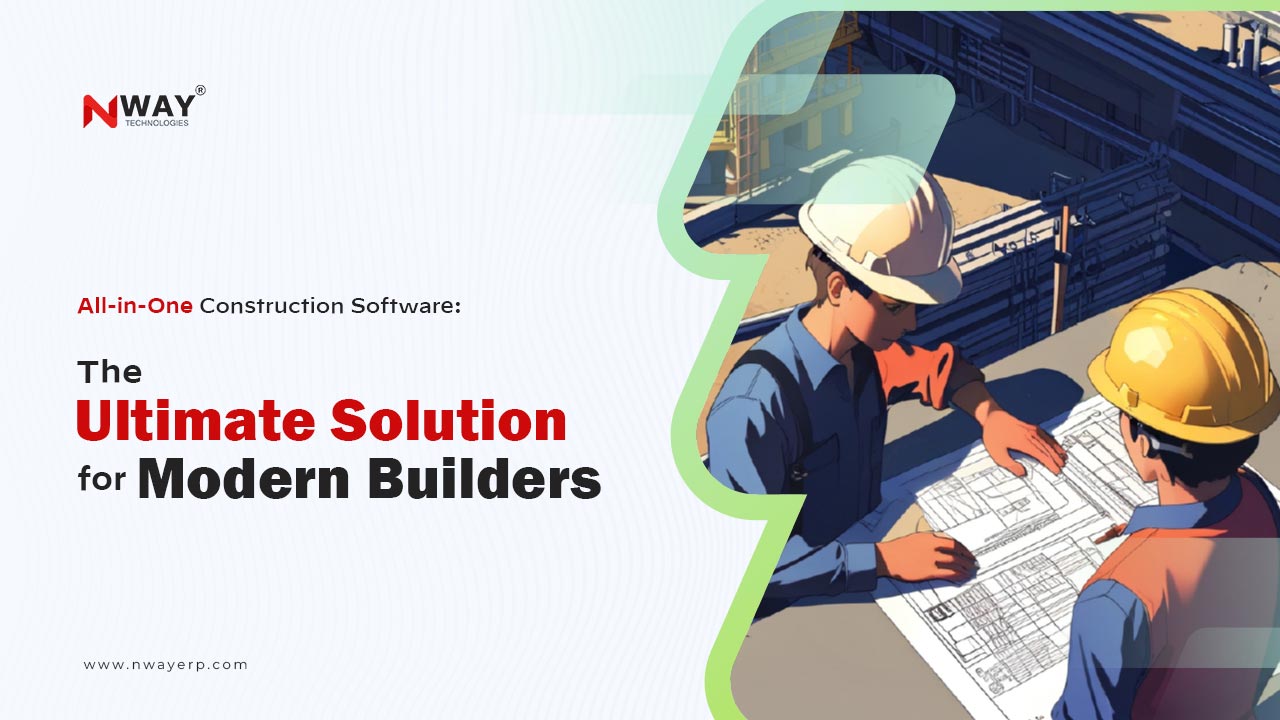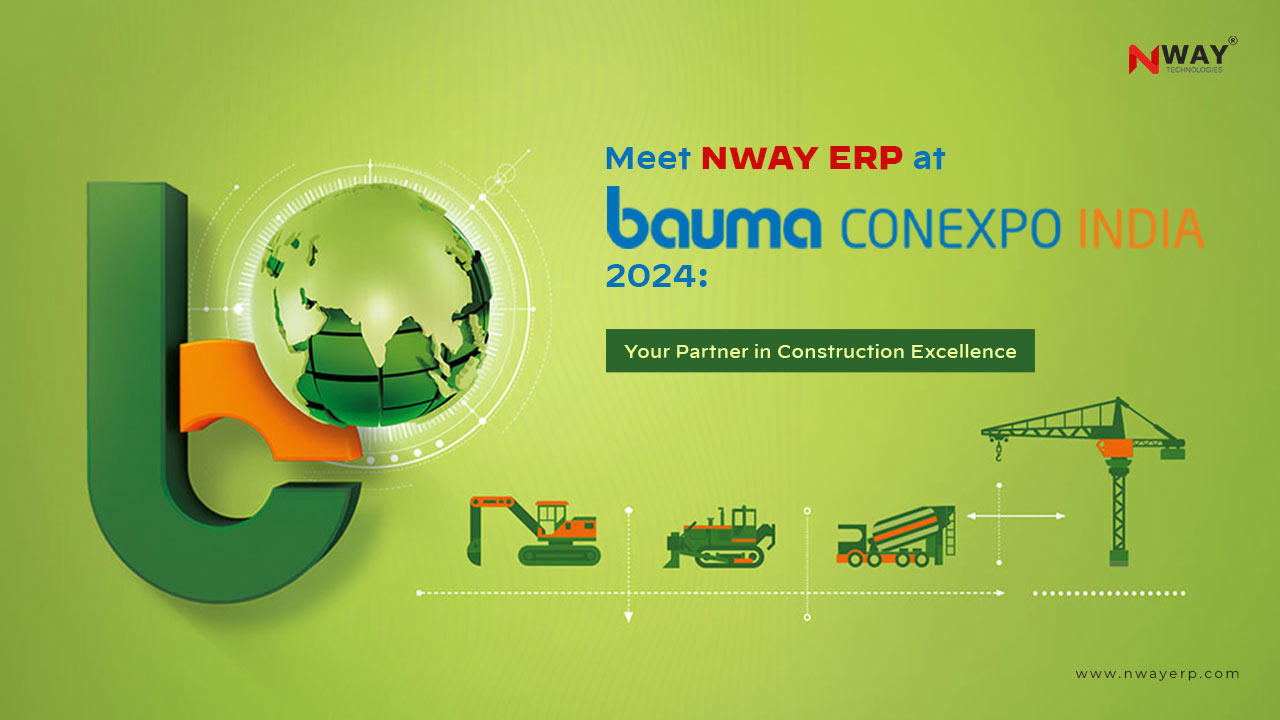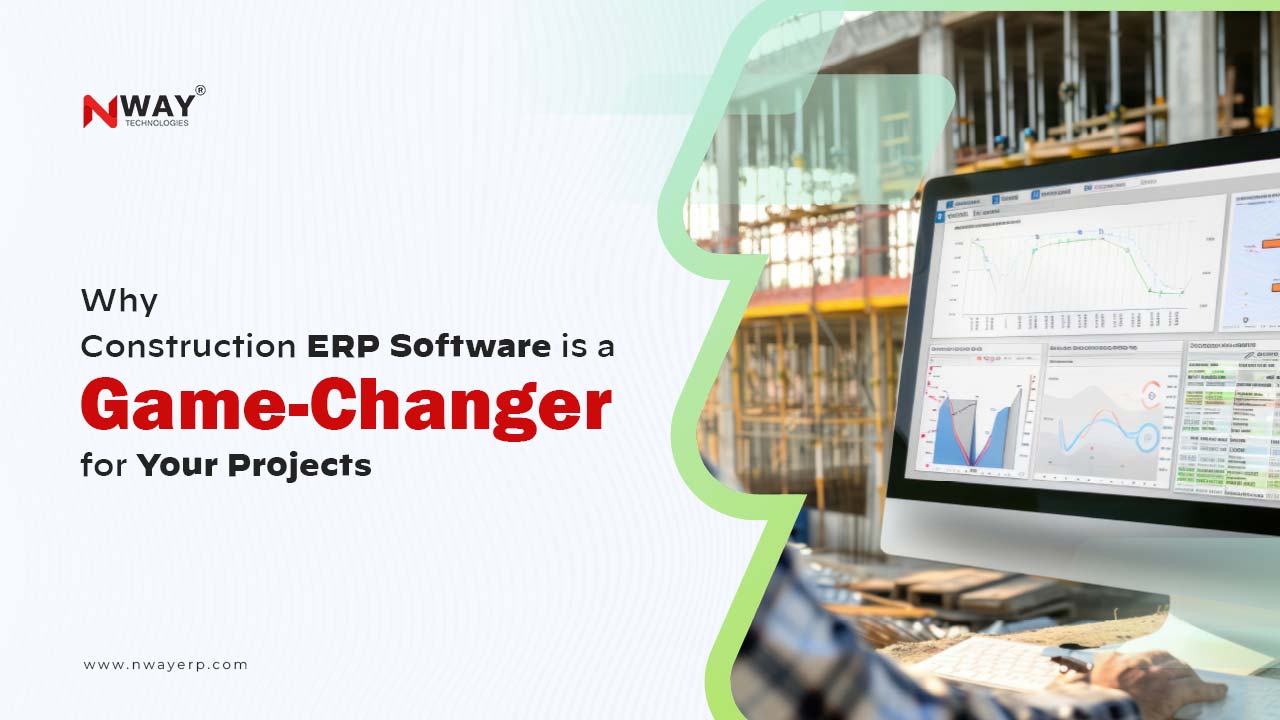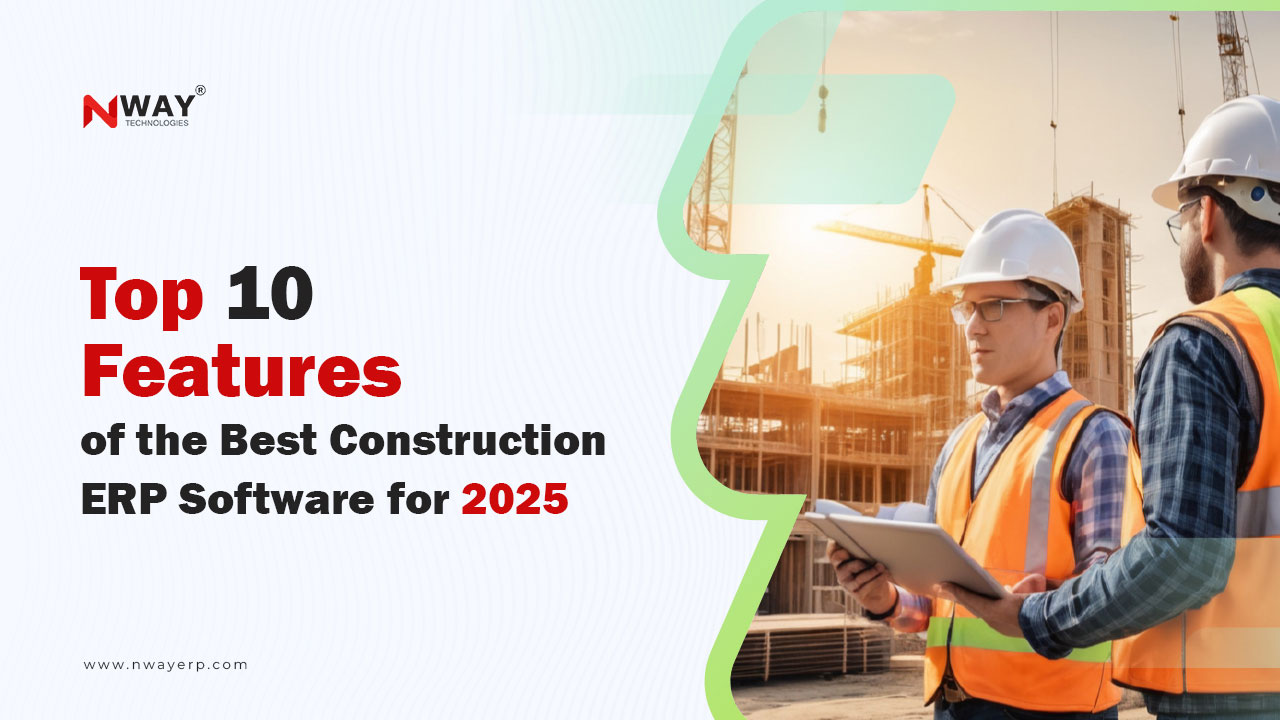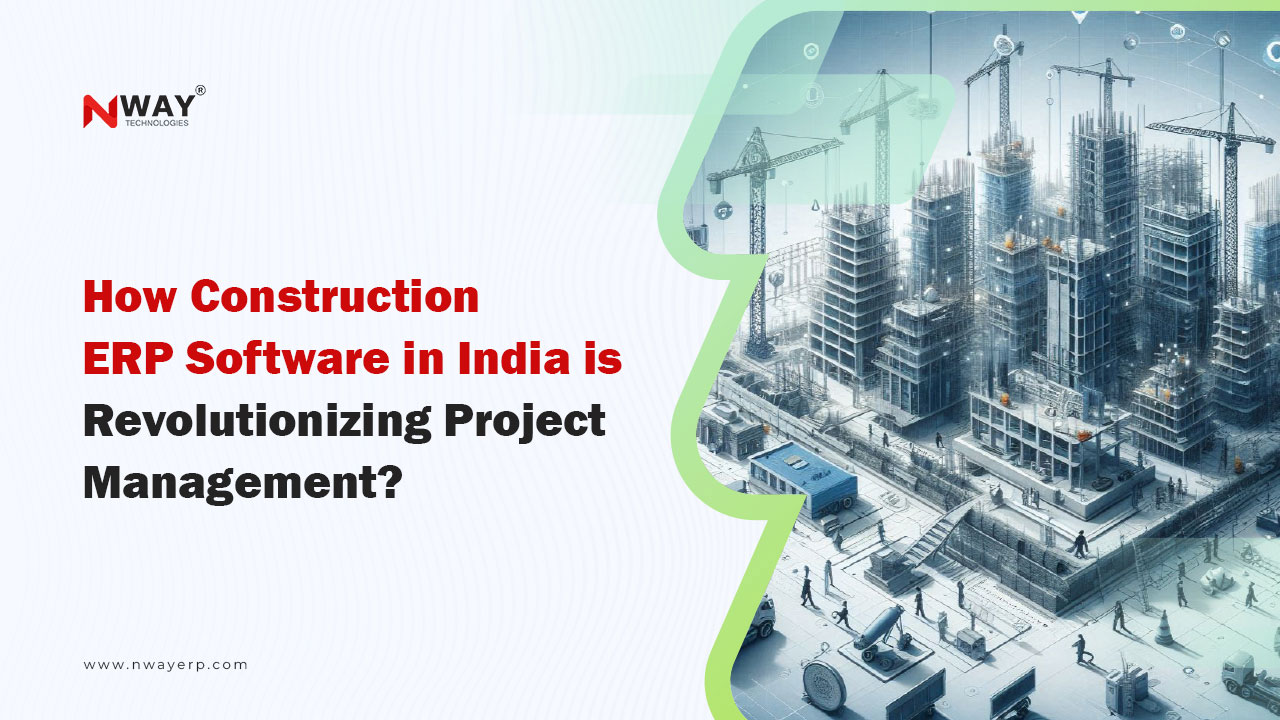Businesses in the construction industry are intricate, with many moving components that must be effectively managed to maintain seamless operations. Construction businesses are expected to handle various duties daily, including project management, finance, procurement, and inventory management. Fortunately, technology has made it feasible to streamline these procedures, and utilizing an ERP software system is one of the most efficient methods. The advantages of adopting an ERP system in the construction industry, their essential features, how to pick the best one for your company and best implementation practices are all covered in this article.
Introduction to ERP software for the construction industry
The software used to oversee a company’s core business processes is referred to as ERP or enterprise resource planning. These systems combine multiple modules, including finance, purchasing, inventory, project management, human resources, etc. An ERP system is created to offer a comprehensive perspective of all business processes, allowing management to make choices based on current information.
What is an ERP system, and how does it work for construction companies?
An ERP system is made to combine all of a business’s operations into a single, cohesive design. It offers a central database that all departments may access, allowing them to share information and work together more successfully. An ERP system can be used in the construction sector to manage various operations, including project management, accounting, procurement, and inventory management. An ERP system can assist construction organizations in making better decisions, reducing wastage, and increasing productivity by offering a single source of truth for all data.
Benefits of implementing ERP software in the construction industry
Using an ERP system in the construction sector has many advantages. A significant benefit is increased effectiveness. An ERP system can assist in lowering manual errors and improving accuracy by automating several operations, including inventory management and procurement. As a result, there may be less waste and increased output. An ERP system can also provide visibility throughout the business, giving management the information, they need to make wise decisions. It may result in enhanced project management, better financial management, and more efficient resource allocation.
Key features of an ERP system for construction companies
A construction company’s ERP system needs to incorporate several essential components. These include project management, purchasing, inventory management, accounting, and reporting. The capacity to monitor project progress, manage budgets, and allocate resources should all be included in project management capabilities. The ability to manage suppliers, follow orders, and create purchase orders should all be part of the procurement functionality. Tracking inventory levels, working stock, and producing reports should all be possible using inventory management functions. The capacity to control finances, create invoices, and monitor payments should all be included in accounting functions. The capability to create bespoke reports on various business factors should also be included in reporting features.
Difference between off-the-shelf ERP software and custom ERP software
Your two primary alternatives when selecting an ERP system for your construction company are custom ERP software and off-the-shelf ERP systems. Specifically designed for your business, custom ERP software may be altered to meet your specific needs. For businesses with specialized requirements or complex operations, it might be a great option. But the creation of a custom ERP system may be expensive and time-consuming. On the other hand, pre-made software packages known as off-the-shelf ERP systems may be implemented rapidly and affordably. They may be less exactly tailored to achieve your goals, yet they can nevertheless have a big influence on your business.
Conclusion
An ERP system can assist you in maximizing the growth potential of your company by streamlining operations, increasing productivity, and enhancing visibility throughout the organization. Whether you select a custom ERP solution or an off-the-shelf choice, picking a system that satisfies your unique requirements and has the features and capabilities required to support your organization is crucial. You can ensure your ERP system gives your company the most value possible by adhering to best practices for implementation and use.
